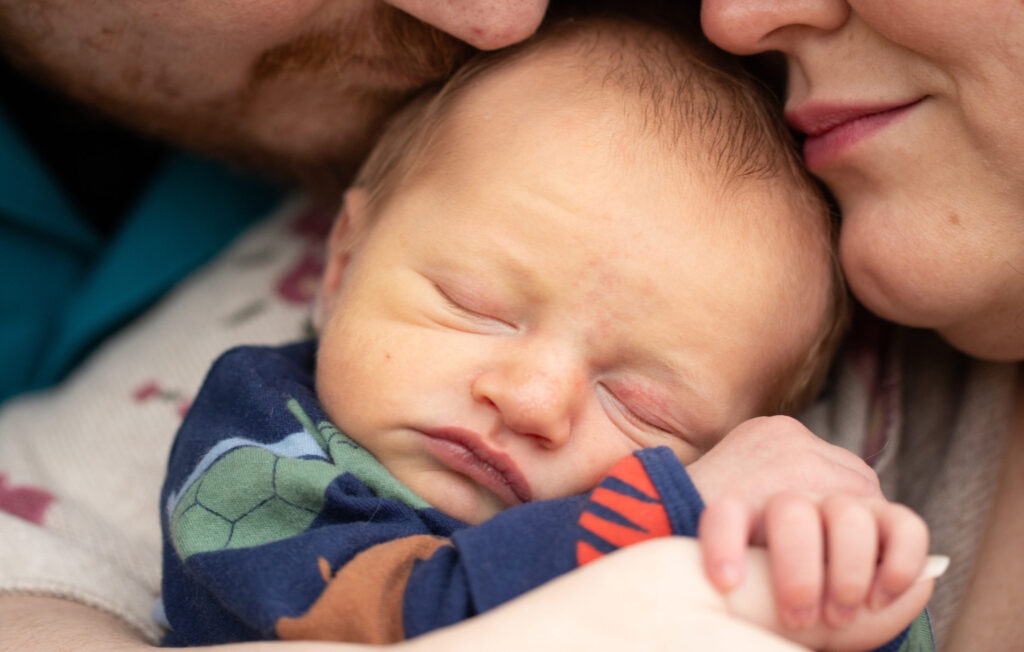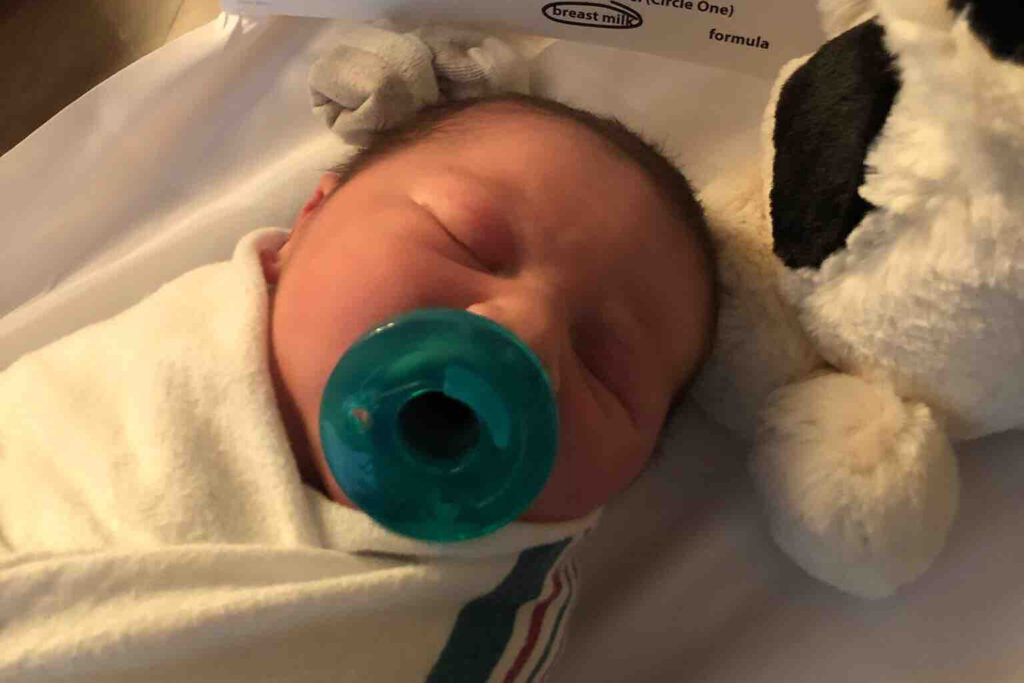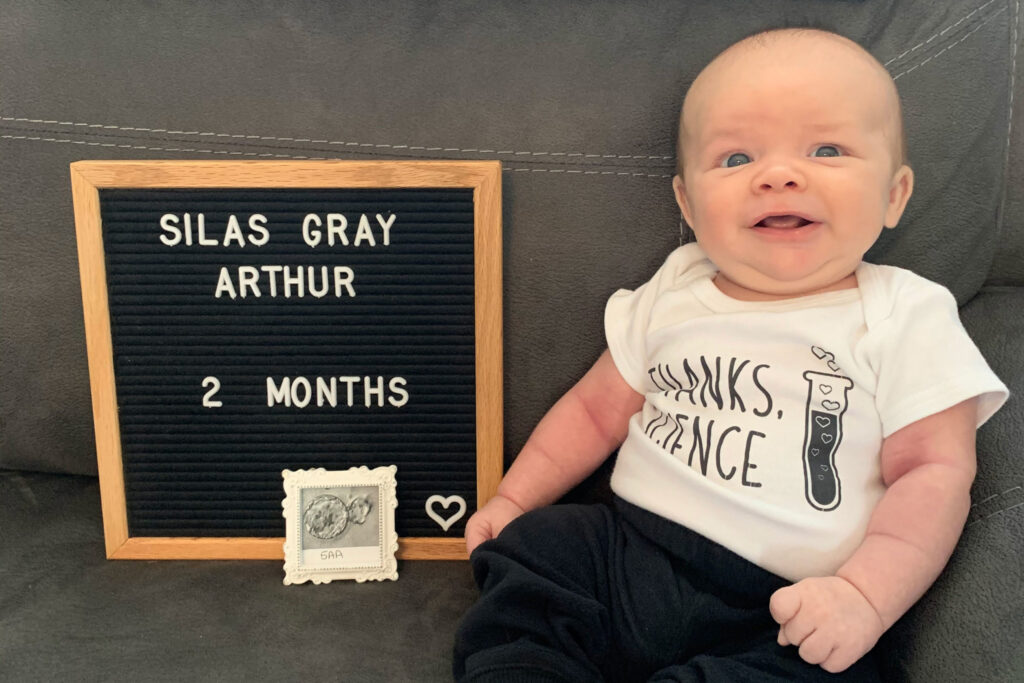This spring, Tennessee became the first state in the South to pass legislation explicitly protecting access to in vitro fertilization (IVF). Against the backdrop of national debates over reproductive rights, this protection represents a critical lifeline for families who depend on fertility treatment. On Nashville Public Radio’s This Is Nashville, Dr. Abby Eblen of Nashville Fertility Center and several patients shared their experiences and perspectives on IVF.
Listen now >>
Dr. Abby Eblen: Breaking down the IVF journey
Dr. Abby Eblen, a double board-certified reproductive endocrinologist at Nashville Fertility Center, provided insight into the fertility process. “When a patient comes into our clinic… the very first thing we do is try to identify what the problem is,” she explained, describing steps like checking Fallopian tubes, egg count, and sperm quality. For most patients, treatments like intrauterine insemination (IUI) are attempted first. For others, such as patients with blocked tubes or very low sperm counts, IVF is the only path forward.
Insurance coverage is expanding access, Dr. Eblen noted: “The good news is a lot of corporations like Walmart, Starbucks, [and] Tractor Supply have started covering the cost of IVF. So, we’re seeing a record number of people now going through IVF.” Still, most patients—60 to 70%—pay out of pocket for IVF, and costs remain a significant barrier.
She also addressed misconceptions: “Not every egg fertilizes. Not every embryo continues to grow. And not every embryo… would result in a live baby.” On average, she said, patients may have one to four viable embryos, each with about a 65% chance of resulting in a healthy birth. Limiting fertilization to one egg at a time, she emphasized, would reduce success rates and dramatically increase costs. At its core, she stressed, “Everyone in my office, we all went into this because we want to help couples have families. We are pro-family.”
Patient perspectives: Resilience and gratitude
Nashville Fertility Center patients shared their IVF journeys, underscoring the emotional weight of fertility treatment.
Kayla Davis knew that her husband’s cystic fibrosis meant natural conception wasn’t possible. “I told him, I am committing to you, not the possibility of having children,” she recalled. Thanks to IVF, the couple now has three children. “We found that so many people experience [infertility] and don’t discuss it… more people need to hear: you’re not alone.”
Her husband Blake reflected: “Our experience with IVF has been humbling and filled with gratitude… To any man facing infertility issues, I would say you’re not broken and you’re not alone. There is no shame in having some kind of medical condition… Blame has no space in a family. Presence does. Partnership does.”
Laura Lee and Stephanie Paha, a same-sex couple, endured eight rounds of IUI and a miscarriage before turning to IVF, which brought them their son, Landon. “Miscarriage is… such an emotional roller coaster,” Laura Lee said. Stephanie added that IVF provided a more hopeful, practical path forward. Looking ahead, they plan to donate viable embryos: “There are so many people out there who would die for that embryo.”
IVF in Tennessee: A future protected
These stories highlight why Tennessee’s new Fertility Treatment and Contraception Protection Act is so significant. For Dr. Eblen and NFC patients, IVF represents not only science but also hope and family. “It would be devastating to our community if we weren’t able to perform IVF anymore,” she said. “[Everyone] deserves to be able to have children.”






